“The biggest risk that scouting faces is to believe that what we do is what we are”, Eduard Vallory
Do scout groups educate? Do they indoctrinate? Are scout groups a space for the upper and middle classes and are they unable to accommodate families living in less favourable social and economic situations? The expert in education Eduard Vallory goes through the current challenges of scouting.
Eduard Vallory is a social analyst and a manager of change specializing in education. He is the president of the UNESCO Centre of Catalonia and leads the pedagogical renewal programme Escola Nova 21. He holds a PhD from Universitat Pompeu Fabra (UPF) having done research in the fields of scouting and global citizenship. Vallory has always had close ties to the scouting movement. He was a scout in several scouting groups run by Escoltes Catalans, the secular scouting association, from the age of 8 until he was 30, first as an infant, youth, group leader and then as the head of International Relations for the Catalan Scouts. He also chaired the Catalan National Youth Council and the Josep Carol Scout Foundation.
What made you study scouting? What makes it so powerful?
Scouting is an extremely important instrument when it comes to developing skills, since it provides you with opportunities. In scout groups, we all know that every person is valid for many things, that all you must do is explore to find them, and this paradigm is a great instrument to generate vital expectations: you, and the whole group, are capable of everything. If in a group there are people who need to excel in the same thing, this leads to rankings. If, however, each person is good at doing different things, they complement each other. And discovering how we complement each other makes us better. This is the magic about scout groups and also the biggest difference compared to traditional schools, which have tended to focus on everything you couldn’t or didn’t know how to do; and cut short your expectations.
Scouting is often related to traditionalism, but in Catalonia, the concept of scout groups is totally different. Are scout groups reluctant to feel identified with the global movement because of this?
In Catalonia, when we see scouts in uniforms from the US, we see it as somewhat military and we don’t like it because it is odd from our cultural context. We must understand that a uniform and formality through rituals are means that are used by scouting, not an end in itself. Because ultimately, the goal is the same: scouting exists to help young people develop their own life project and a project for life together, and this model is the same everywhere around the world.
Is leisure in Catalonia different than in Spain?
The biggest difference lies in different traditions. Scouting in Spain during the dictatorship was not persecuted as it was in Catalonia, which was actually banned. Furthermore, Catalan scouting was hugely influenced by the French scouting in the 60s and 70s, and the rejection of authority stemming from May 68’ had a very big impact. All of this meant that Catalan scouting took a big distance from power. The Catalan scouting movement is always on the look out, ready to challenge the status quo.
Sometimes, scouting is frowned upon as somewhat hippie and naïf. In today’s situation, with globalization and new technologies, does it still make sense to take kids out into the nature for excursions or is this obsolete?
Defining scouting as a group of people who meet in the afternoons to go out on excursions is a bad definition and strips it of its sense. Scouting is possible without going to camps and without meeting on Saturday afternoons. Scout groups that went to Haiti after the earthquake to carry out civil protection duties; were they or weren’t they doing scouting activities? Those who, during the Spanish dictatorship, were secretly teaching Catalan in scout groups… were they or weren’t they doing scouting activities? The all were, because they all shared the same goal: helping children and youth to grow and be empowered, so they could be people with a set of inclusive convivial values that would make them and those around them better persons. And this can be done in many ways.
Are we back to means and ends?
Precisely. In a society of technology, the danger is that people become isolated and that society becomes less humanized. Going to camps and forgetting about your smartphone is a mean, not an end, used by scout groups to educate people to live a life that is not connected to compulsive consumerism, individualism, social isolation…We are not here to go to camps without our phones, it is a means to understand that being in the middle of nature without our phone can give us different world views and new ways of interacting with others. The biggest risk that scouting faces is to believe that what we do is what we are.
We are the goal we set ourselves, and we do different things to reach this goal, adapting to the social, economic and cultural conditions in each environment and group of people. The context is essential: in each different environment we must look for different strategies to achieve the same goal that, for children and youths, means being the protagonists of their own lives.
Is one of the unresolved issues for scouting to include families, children and youths who live in social vulnerability?
The problem scouting faces is, at the same time, its greatest potential: the leaders are volunteers. In some contexts, when teenagers turn 18 they no longer have the time and energy required to be in a scout group. Scouting can fall victim of its means: you have to organize camps in summer and Easter; you need a place to meet, free time to go to meetings…
So, if you want scouting in environments where the young cannot take on this cost, you have to look into the essence of scouting: empowerment and coexistence. Find and implement a sustainable way of working in that environment. The problem of scouting is when it tires to implement middle-class practices in underprivileged environments. Obviously, this won’t work.
Scouting is about educating in values: commitment, solidarity, cooperation, feminism… Can scout groups fall into the trap of indoctrination?
Yes, if you interpret the basic values of coexistence. The values of inclusive coexistence in scout groups are basic until you compare them with situations of injustice; then we are able to define ourselves as feminists, or being against racism or homophobia. Scout groups shouldn’t have to say that racism is bad for kids to believe it; they should educate in and for dignity so that children and young people with critical thinking can then oppose racism.
And how can we find the limit so as not to indoctrinate? By clearly knowing that education is our goal. Very often we feel tempted to believe that our goal is to achieve social transformation, when in reality it isn’t. The goal of scouting is to educate children and youths with inclusive values so that they can determine their project for society. Social transformation is the result!
Should traditional schools learn from scouting? And vice-versa?
I think schools should draw inspiration and adopt the approach and some practices followed in scouting that have to do with turning children and youths into the protagonists of their learning process. But there is no one-way lesson; rather a collective learning that also implies really defining the purpose of education. If we want people with sufficient tools to face a changing world with an exponential technological change, unprecedented global challenges, etc. they will need tools coming from many places, and this requires an interaction of actors.
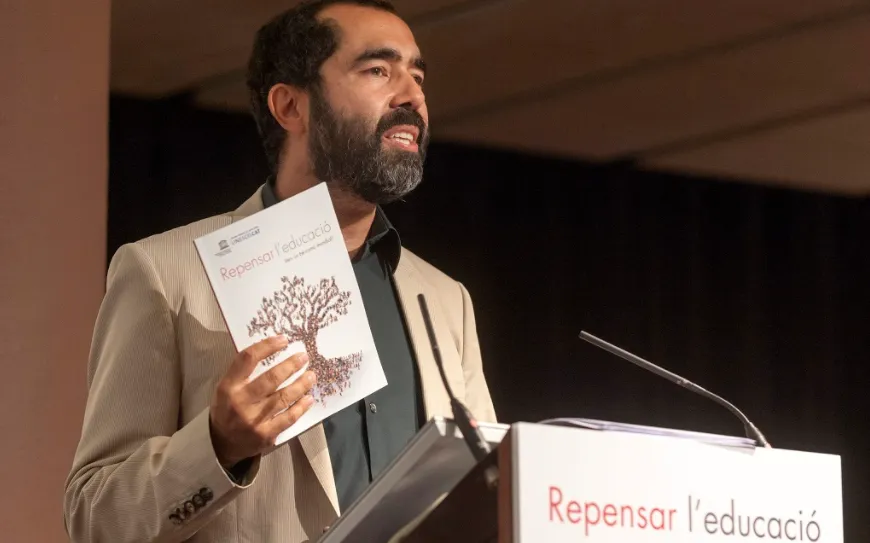
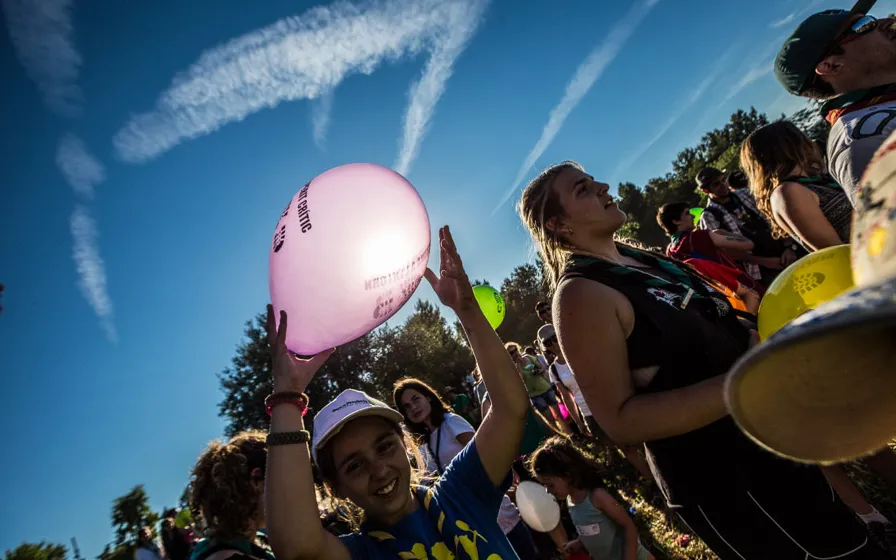
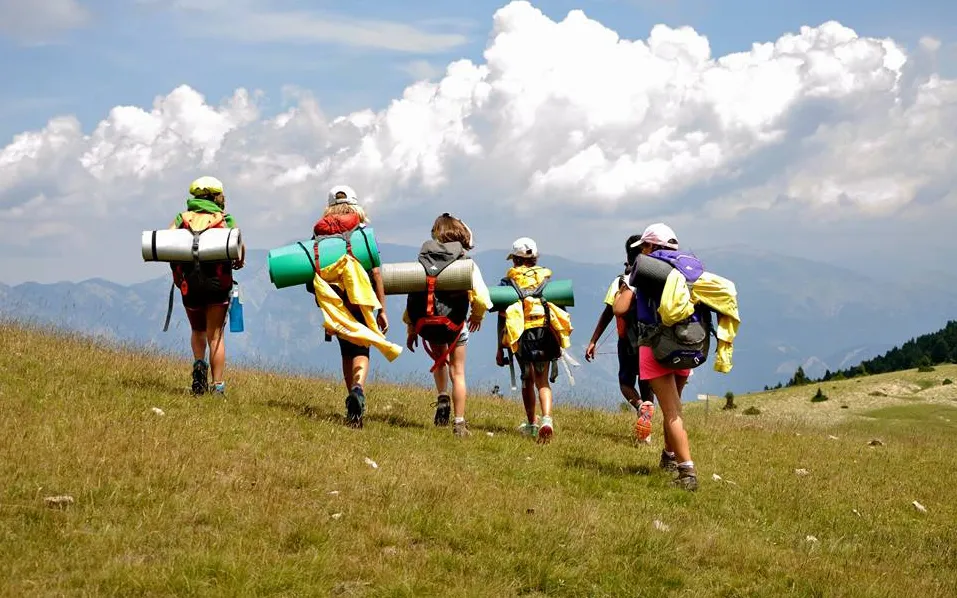
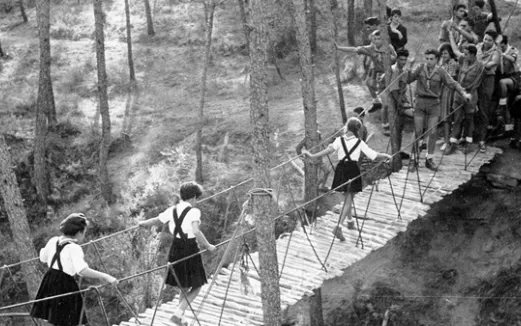
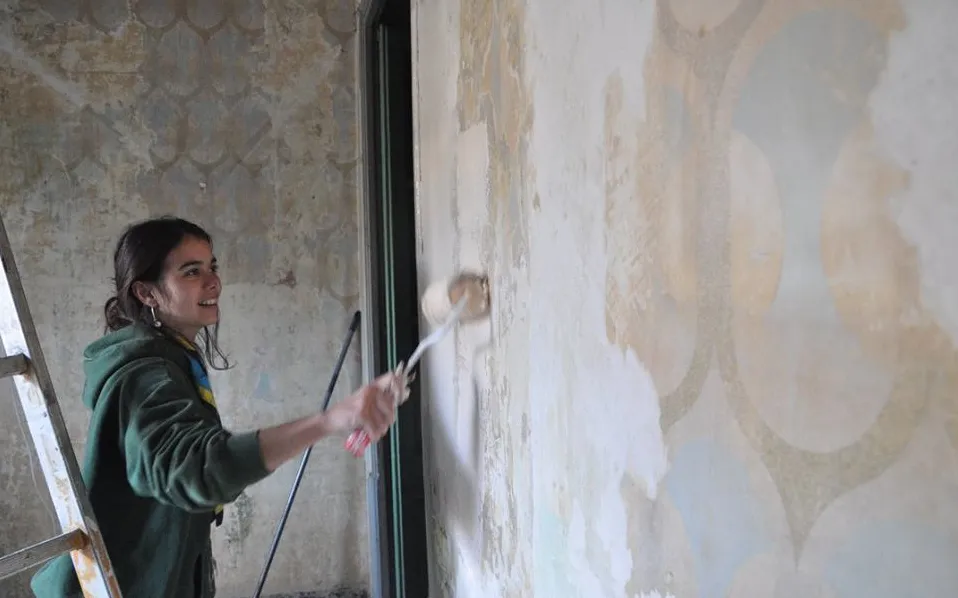
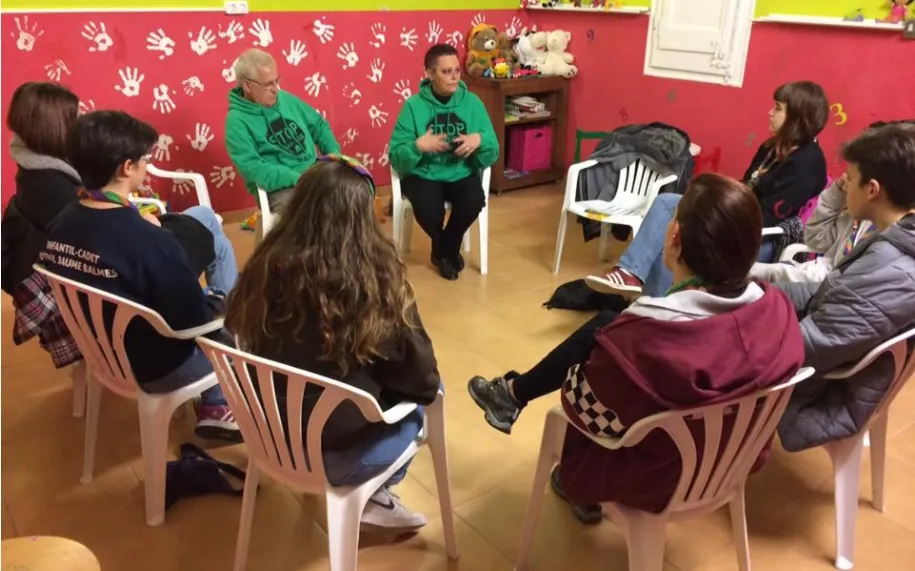
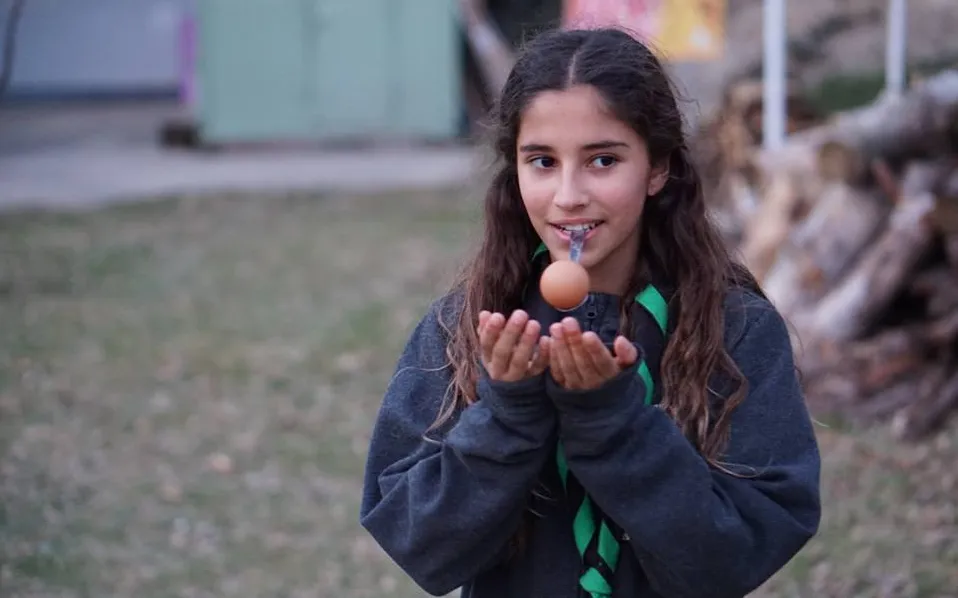
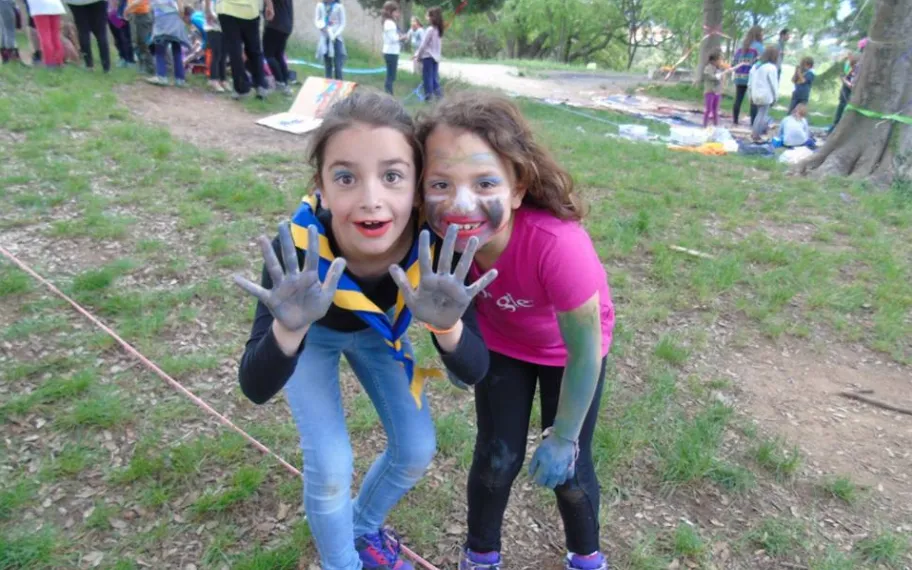
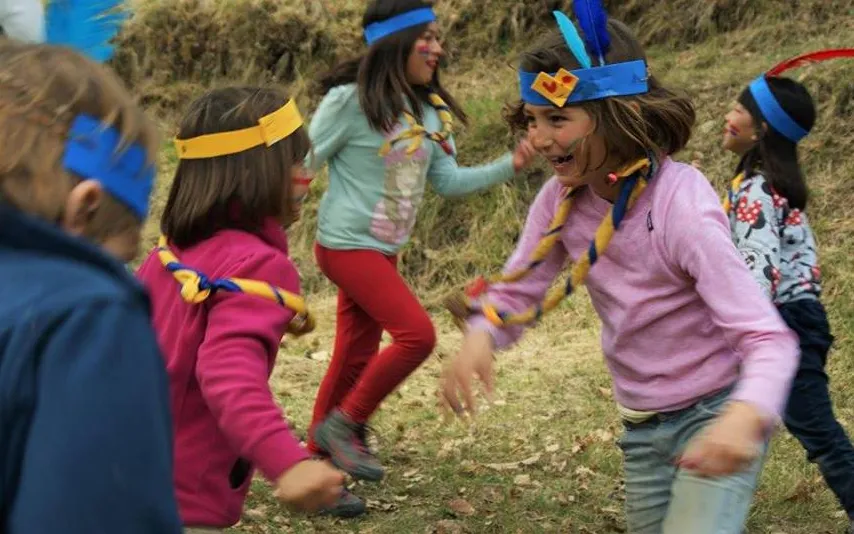



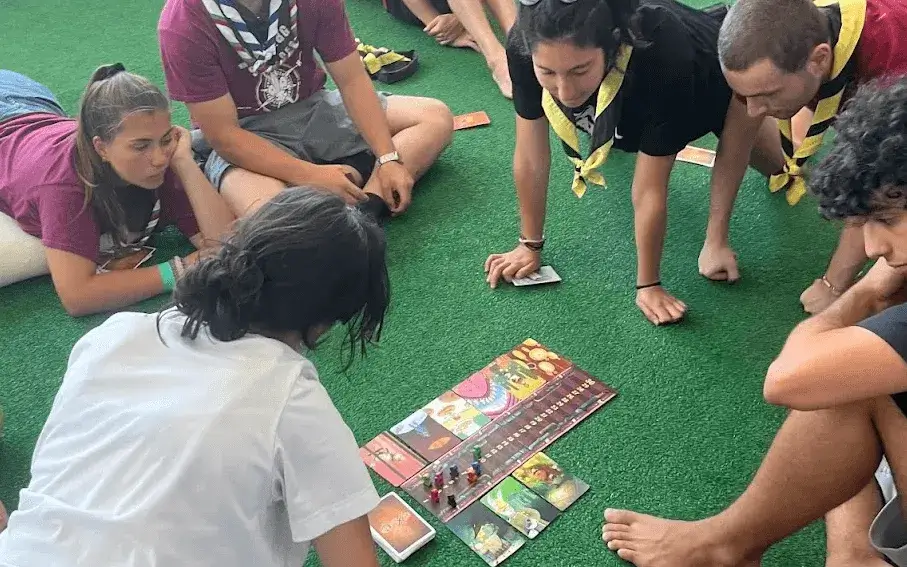

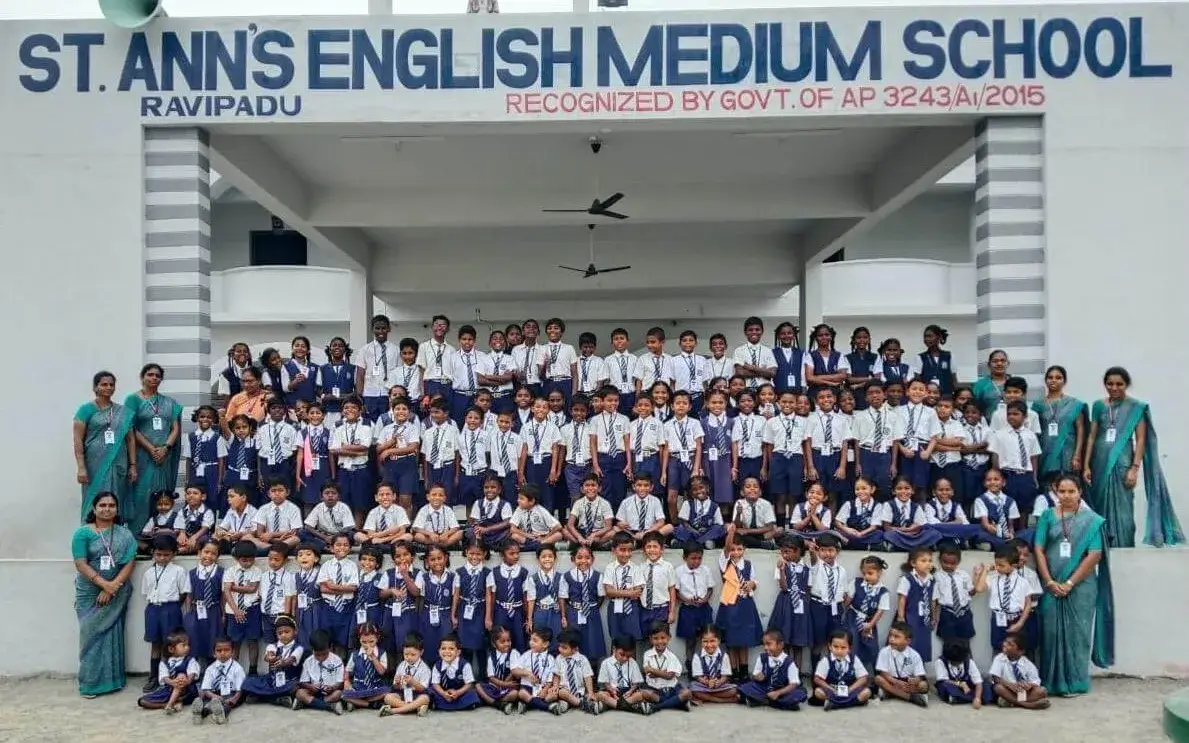
Add new comment